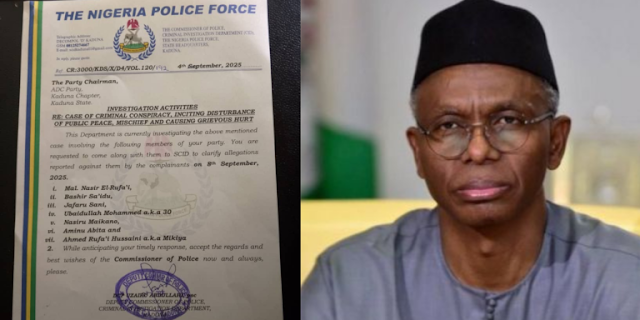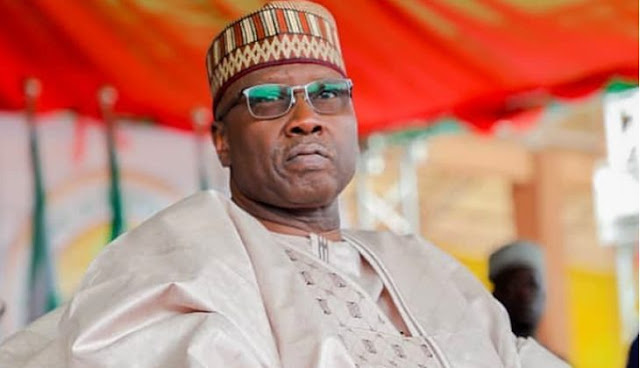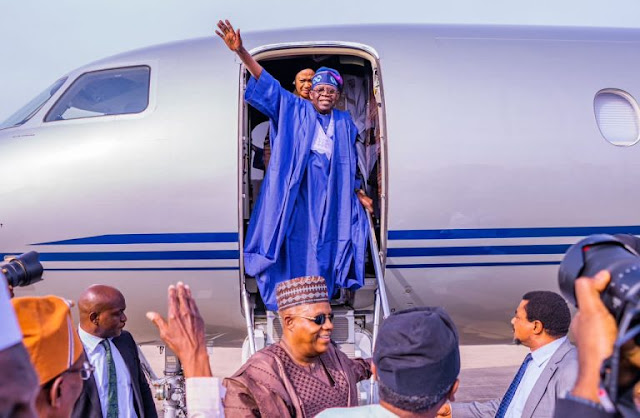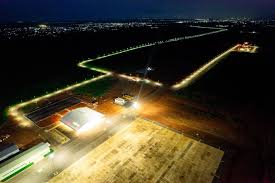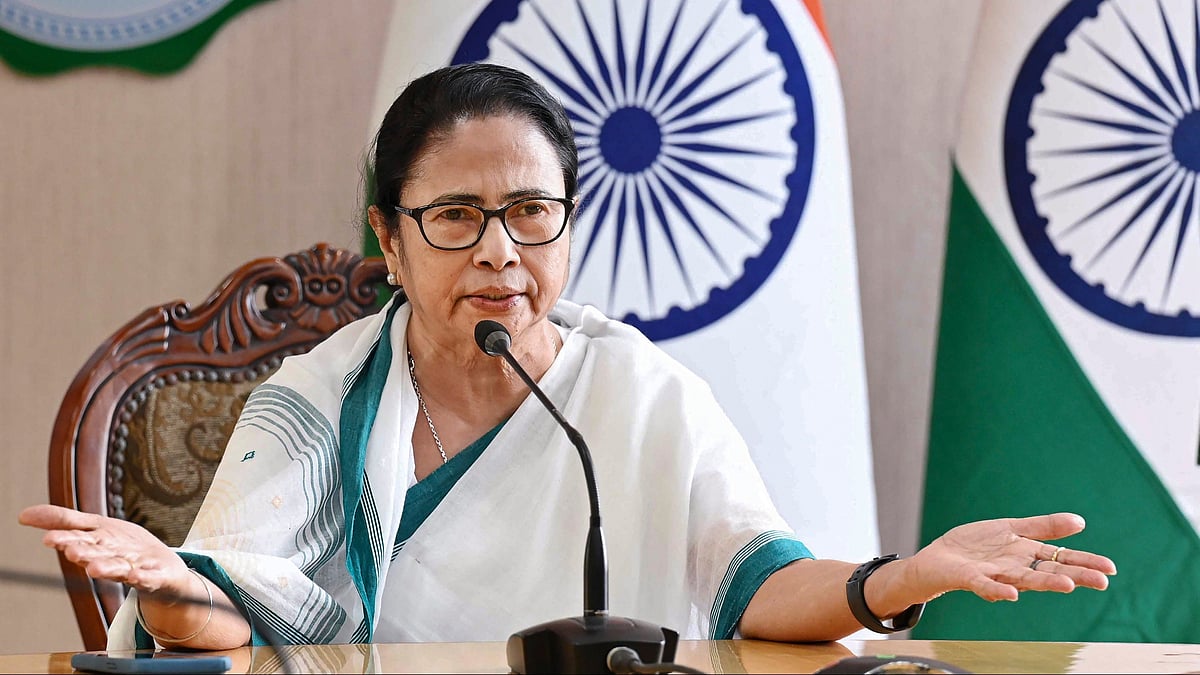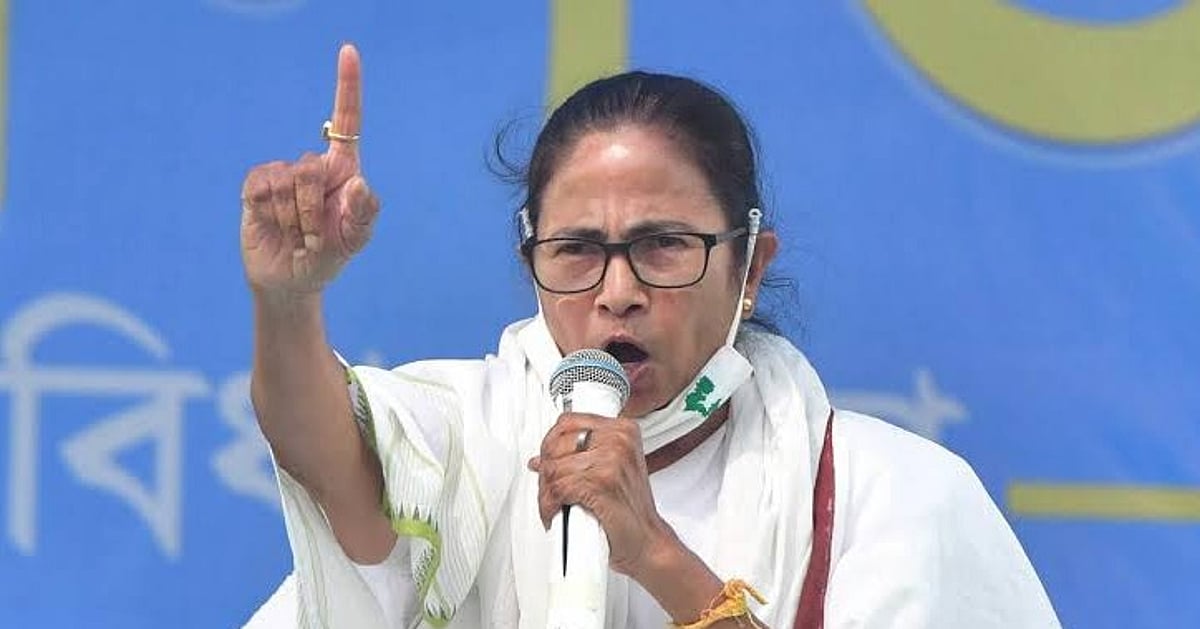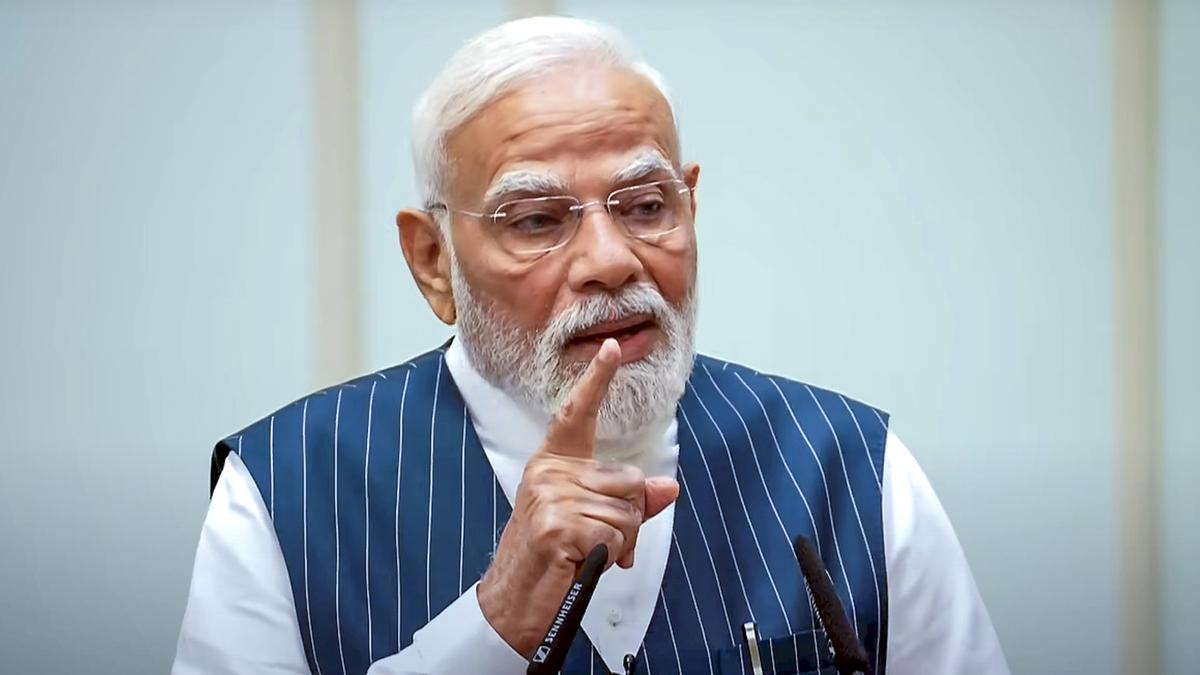In a dramatic development that has sent shockwaves through Nigeria’s political landscape, the Kaduna State Police Command has summoned former Governor Mallam Nasir El-Rufai and seven other leaders of the African Democratic Congress (ADC) for questioning over allegations of criminal conspiracy, incitement of public disturbance, mischief, and causing grievous hurt. The invitation, detailed in a letter dated September 4, 2025, and signed by Deputy Commissioner of Police Uzainu Abdullahi, marks a significant escalation in the ongoing political tensions in Kaduna State, a region known for its complex and often volatile political dynamics. The move has raised questions about the motivations behind the summons, its implications for opposition politics, and the broader state of governance in Nigeria as the 2027 general elections loom on the horizon.
Details of the Police Summons
The police invitation, addressed to the ADC Kaduna State Chairman, directs the party to produce El-Rufai and seven other members—Bashir Sa’idu, Jafaru Sani, Ubaidullah Mohammed (popularly known as 30), Nasiru Maikano, Aminu Abita, Ahmed Rufa’i Hussaini (aka Mikiya), and one unnamed individual—for questioning at the State Criminal Investigation Department (SCID) on September 8, 2025. The letter, titled “Investigation Activities: Case of Criminal Conspiracy, Inciting Disturbance of Public Peace, Mischief and Causing Grievous Hurt,” indicates that the summons is part of an ongoing investigation aimed at clarifying allegations lodged by unspecified complainants. While the letter does not provide detailed information about the nature of the complaints, the charges listed suggest serious accusations that could have significant legal and political ramifications.
The timing of the summons is particularly noteworthy, as it comes shortly after a reported attack on a coalition meeting of the ADC and the Social Democratic Party (SDP) in Kaduna, where political thugs allegedly injured several party members. The Kaduna State Police Command’s decision to seal the ADC office at No. 4 Ali Akilu Road on September 3, 2025, hours before a planned visit by the Northwest leadership of the ADC to commiserate with injured members, has further fueled speculation about the motives behind the police actions. Eyewitnesses reported the deployment of multiple police patrol vans around the ADC office, effectively blocking access to the premises and raising concerns about targeted suppression of opposition activities.
El-Rufai’s Political Trajectory and the ADC’s Role
Mallam Nasir El-Rufai, a prominent figure in Nigerian politics, served as the Governor of Kaduna State from 2015 to 2023 under the All Progressives Congress (APC). Known for his bold and often controversial governance style, El-Rufai implemented sweeping reforms in Kaduna, including urban renewal projects, infrastructure development, and efforts to improve education and healthcare. However, his tenure was also marked by allegations of authoritarianism, religious bias, and marginalization of certain communities, particularly in Southern Kaduna, which has a history of ethnic and religious tensions.
In recent months, El-Rufai has emerged as a key figure in the ADC, a relatively minor opposition party that has gained attention for its efforts to challenge the dominance of the APC and the Peoples Democratic Party (PDP). The ADC has positioned itself as a platform for progressive politics, attracting disaffected politicians and activists seeking an alternative to Nigeria’s two-party system. A significant development in this regard was El-Rufai’s reported role in facilitating the collapse of the SDP’s structure in Kaduna State into the ADC during a high-level meeting on August 23, 2025, chaired by the former governor himself. This move, announced via a post on X, signaled El-Rufai’s intent to consolidate opposition forces in Kaduna and position the ADC as a viable contender in future elections.
The summons of El-Rufai and other ADC leaders raises questions about whether the police action is a response to the party’s growing influence or part of a broader strategy to curb opposition activities in Kaduna. The allegations of criminal conspiracy and incitement suggest that the authorities may be investigating the ADC’s recent political maneuvers, particularly its coalition-building efforts with the SDP. The reported attack on the ADC-SDP meeting and the subsequent sealing of the ADC office further complicate the narrative, hinting at a possible connection between the violence and the police investigation.
Political Context and Allegations of Witch-Hunting
The summons of El-Rufai and his ADC colleagues must be viewed within the broader context of Nigeria’s polarized political environment. Kaduna State, a key battleground in Nigerian politics, has long been a flashpoint for ethnic, religious, and political conflicts. The state’s complex demographic makeup, with significant Christian and Muslim populations, has often fueled tensions, particularly in the southern part of the state, where allegations of marginalization have been a recurring issue. El-Rufai’s tenure as governor was marked by accusations of favoring certain groups, which he consistently denied, citing his administration’s efforts to promote inclusive development.
The timing of the police summons, just months after El-Rufai’s defection to the ADC and his efforts to build a coalition against the ruling APC, has led to speculation about political motivations. Opposition figures and analysts have suggested that the summons may be part of a broader strategy to weaken the ADC and discredit El-Rufai, who remains a formidable political figure with a national profile. The charges of criminal conspiracy and incitement are particularly serious, carrying potential legal consequences that could damage the reputations of the summoned individuals and undermine the ADC’s credibility.
The sealing of the ADC office, coupled with the summons, has drawn comparisons to previous instances of alleged political persecution in Nigeria. For example, a 2023 incident involving the APC, where the party claimed that its chieftains in Southern Kaduna faced a plot for arrest ahead of elections, suggests a pattern of using law enforcement to target political opponents. Critics argue that such actions risk eroding democratic norms and stifling dissent, particularly as Nigeria approaches the 2027 elections. The lack of transparency regarding the complainants and the specific allegations further fuels suspicions of a politically motivated witch-hunt.
Legal and Ethical Implications
The allegations against El-Rufai and the ADC leaders—criminal conspiracy, incitement, mischief, and causing grievous hurt—are serious under Nigerian law. Criminal conspiracy, as defined in the Criminal Code Act, involves an agreement between two or more persons to commit an unlawful act, while incitement of public disturbance can carry penalties under the Penal Code, particularly in a state like Kaduna, where public order is a sensitive issue. Mischief and causing grievous hurt, if proven, could lead to significant legal consequences, including imprisonment.
However, the vagueness of the police invitation, which does not specify the details of the complaints, raises concerns about due process and the rule of law. Legal experts have noted that such summons must be accompanied by clear evidence and a transparent investigative process to avoid perceptions of bias. The timing of the summons, shortly after the reported attack on the ADC-SDP meeting, suggests a possible link to the violence, but without further information, it is unclear whether the summoned individuals are being treated as suspects, witnesses, or persons of interest.
The sealing of the ADC office also raises ethical questions about the use of state power to restrict political activities. By blocking access to the party’s premises, the police may be infringing on the ADC’s right to freedom of association, a fundamental democratic principle enshrined in Nigeria’s Constitution. The deployment of patrol vans to the office, as reported by eyewitnesses, suggests an intimidating show of force, which could deter opposition activities and discourage political participation in Kaduna.
Broader Implications for Opposition Politics
The summons of El-Rufai and other ADC leaders comes at a critical juncture for Nigeria’s opposition parties. The ADC, while not as prominent as the APC or PDP, has been gaining traction as a platform for politicians disillusioned with the status quo. El-Rufai’s involvement has lent the party significant visibility, given his experience as a former governor and his reputation as a reformist. The coalition with the SDP, if successful, could further strengthen the ADC’s position in Kaduna and potentially at the national level.
However, the police summons and the sealing of the ADC office threaten to derail these efforts. Opposition parties in Nigeria have long faced challenges, including allegations of harassment, intimidation, and electoral manipulation. The current situation in Kaduna mirrors broader trends, such as the reported arrest of activists and opposition figures in other parts of the country. For instance, a recent post on X highlighted concerns about the abuse of legal processes to detain individuals, citing the case of Shahrez Khan, whose name was added to a years-old case, as a “dangerous precedent.” While this case is unrelated to Nigeria, it underscores the global concern about the misuse of law enforcement to target political opponents.
The ADC’s response to the summons will be critical in determining its next steps. The party may choose to challenge the police actions legally, arguing that they constitute an infringement on its rights. Alternatively, it could use the situation to rally public support, framing the summons as an attempt to suppress opposition voices. El-Rufai’s national stature and media savvy could help amplify the ADC’s message, turning a potential setback into an opportunity to highlight the challenges facing Nigeria’s democracy.
Public and Political Reactions
The summons of El-Rufai and the ADC leaders has elicited varied reactions from the public and political stakeholders. On X, posts have highlighted the controversy, with some users framing the police actions as part of a broader crackdown on opposition figures. A post by @MobilePunch on September 4, 2025, explicitly linked the summons to allegations of criminal conspiracy, amplifying the story to a wider audience. Other posts on X have drawn parallels to cases of political persecution in other countries, reflecting a growing concern about the state of democratic freedoms in Nigeria and beyond.
Within Kaduna, the summons has reignited debates about the state’s political dynamics. Supporters of El-Rufai argue that his track record as governor, which includes significant infrastructure development and economic reforms, makes him a target for political adversaries seeking to undermine his influence. Critics, however, point to his controversial tenure and the unresolved tensions in Southern Kaduna as potential factors contributing to the allegations against him.
The APC, which remains the dominant party in Kaduna, has not issued an official statement on the summons, but its silence may be telling. As the ruling party at both the state and federal levels, the APC wields significant influence over law enforcement agencies, raising questions about its role in the investigation. Opposition parties, including the PDP, have called for transparency and fairness, urging the police to provide clear evidence to support the allegations.
The Road Ahead: Challenges and Opportunities
The summons of El-Rufai and the ADC leaders presents both challenges and opportunities for Nigeria’s political landscape. For the ADC, the situation is a test of its resilience and ability to navigate adversity. A robust legal and public relations strategy could help the party turn the narrative in its favor, positioning itself as a victim of political persecution and rallying support ahead of the 2027 elections. However, failure to address the allegations effectively could damage the party’s credibility and hinder its growth.
For El-Rufai, the summons represents a critical moment in his post-gubernatorial career. As a seasoned politician with a national following, he has the resources and influence to weather the storm, but the outcome of the investigation could shape his political future. A successful defense against the allegations could bolster his reputation as a formidable opposition leader, while any legal setbacks could tarnish his legacy.
At the national level, the incident underscores the need for stronger democratic institutions and safeguards against the misuse of state power. Nigeria’s history of political violence and electoral manipulation highlights the importance of protecting opposition voices and ensuring a level playing field. The Kaduna State Police Command must conduct its investigation transparently and impartially to avoid accusations of bias and to uphold public trust in the rule of law.
Conclusion
The Kaduna State Police Command’s summons of former Governor Mallam Nasir El-Rufai and seven ADC leaders over allegations of criminal conspiracy, incitement, mischief, and causing grievous hurt has thrust Nigeria’s political landscape into the spotlight. The timing of the summons, coupled with the sealing of the ADC office, raises serious questions about the motivations behind the police actions and their implications for opposition politics. As the 2027 elections approach, the incident could shape the dynamics of political competition in Kaduna and beyond, with potential ramifications for Nigeria’s democratic process.
El-Rufai’s involvement with the ADC and his efforts to build a coalition with the SDP highlight his continued influence in Nigerian politics, but they also make him a target for those seeking to maintain the status quo. The outcome of the investigation will be closely watched, not only by the ADC and its supporters but by all Nigerians concerned about the state of democracy in the country. As the nation navigates this complex and sensitive situation, the need for transparency, fairness, and respect for democratic principles has never been more critical.


